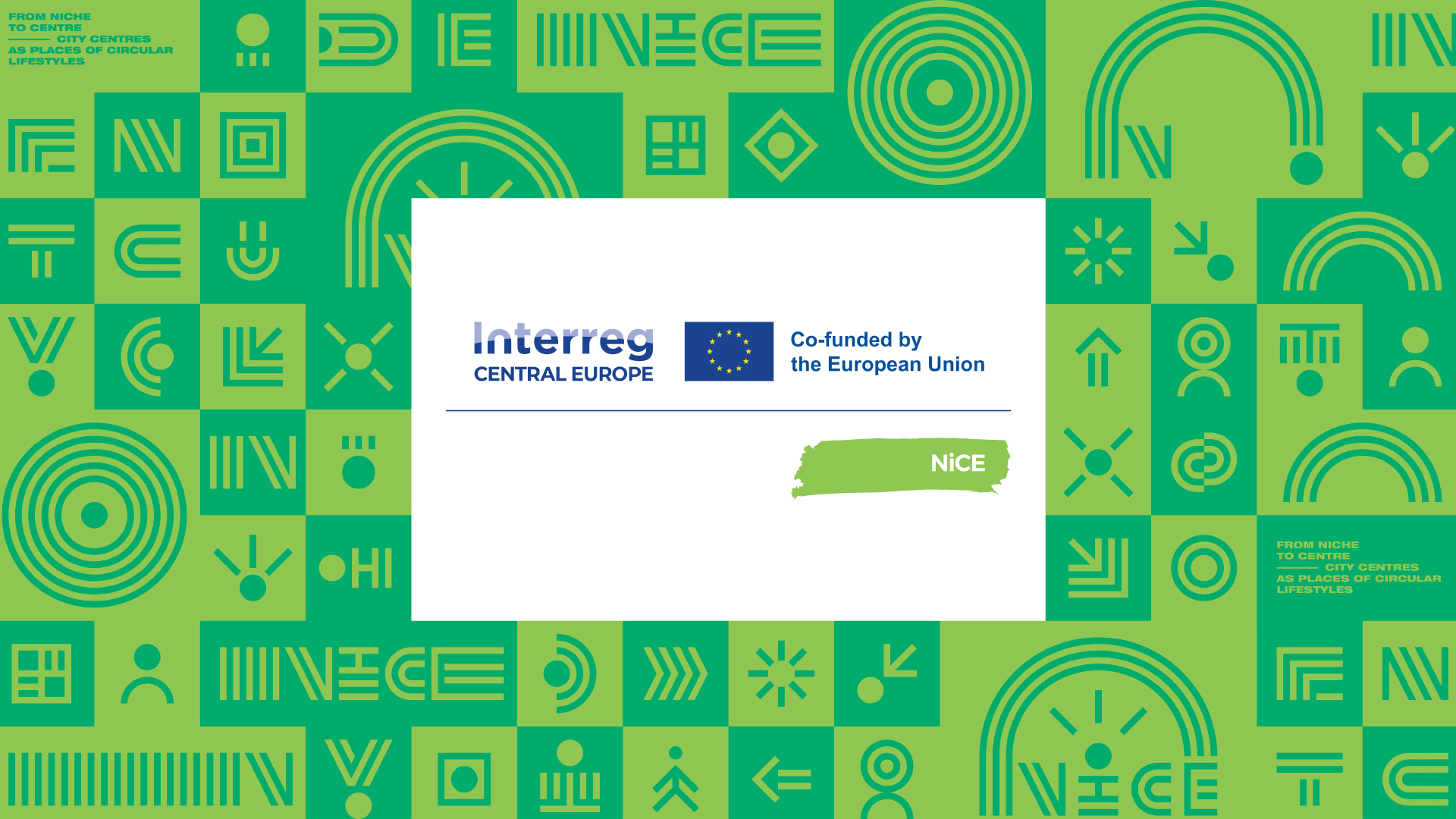How to use the Strategy Framework
The strategy framework is designed to be user-friendly. It is described how to use it, who should use it and only the most important information is included in the document itself. Further information about different topics can be found in the respective annexes.
The first part is about the scientific background and the concept of circularity in lifestyles in urban spaces. It provides opportunities for quickly reviewing what kind of actions would enhance circular lifestyle. It follows the chapter about the political framework. It provides an overview of international institutional frameworks which support circular economy transition, as well as the findings from the eight countries on national framework conditions as well as regional and local challenges. The third part is about the status quo of sustainable consumption patterns and supporting business models in the eight cities.
The main target group for the framework are regional and local public authorities. However, there are plenty of stakeholders of different kinds which all have the potential and capability to implement actions and programmes as well as to create policies for the promotion of circular lifestyles. This includes interest groups, communities, NGOs, businesses and also individuals.
Main findings: There are gaps in implementation – but political and social solutions already exist
The good news is, there are already a lot of political institutions, regulations and other initiatives on supra (e. g. OECD Re-Circle Initiative), EU (e. g. Circular Economy Action Plan, Circular Cities and Regions Initiative) and national level existent, which could be used as orientation. On national level, a framework strategy on sustainable development is available for each of the eight countries. Whereas relatively few countries have a dedicated strategy for Circular Economy (CE). There is no CE strategy in Slovenia. In case of Hungary and Slovakia, CE appears in other strategic papers. In Germany the federal level circular economy strategy is under development.
Within the framework five different gaps are described for the implementation of circular lifestyles. These are described on national and local level. The gaps include funding, regulation, policy, awareness and capacity. Although the general, overarching frameworks are mostly in place in all countries, sub-national frameworks are inadequate in some instances. Initiatives tend to focus on single, isolated issues, and do not tie in sufficiently with other issues or initiatives and seem to treat the lasting legacy of the project inadequately. Nevertheless, the findings demonstrate that the frameworks are generally present, meaning that the work ahead is not about creating those, but rather, utilising them to the fullest of their potential. Furthermore, meaningful projects and initiatives exist across all eight countries. And finally, it is apparent that the citizenry and local business community tends to show interest and involvement towards local circularity issues, even without clear financial gains.
In addition, the status quo of sustainable consumption patterns and supporting business models in all eight cities has been examined. There are six topics of good practices:
· education,
· planning for sustainability,
· sustainability transitions,
· sustainable business models,
· urban regeneration, and
· offers for circular lifestyle.
Since the focus of the project are circular lifestyles, this is the category where the most examples have been found with around 146 activities. It has also been checked whether the offers are permanent or temporarily and who has implemented the good practices. Based on this, we established twelve distinct categories for circular lifestyle offers, like zero waste services, secondhand markets or repair offers.
The framework supports a holistic view of citizen roles in the economy. The so-called circular economy citizenship is a dynamic process, in which consumers would develop their skills for circular transition. With reference to this, it is important that demand-side solutions are accompanied by initiatives which aim at the transformation of behavioral patterns of inhabitants. Furthermore, engagement of stakeholders with the application of Living Lab approach and awareness raising has high importance for the facilitation of circular lifestyles.
How the framework was developed
The project ‘From Niche to Centre – City Centres as Places of Circular Lifestyles’ (NiCE) focuses on two main challenges – a transformation of central places in cities that make it easy for their inhabitants to implement sustainable lifestyles and at the same time to (re)animate centres in a more circular way.
The assessment of political measures, action plans, development plans, strategies and programmes that support circular lifestyles has been carried out in NiCE partner countries (Austria, Czechia, Germany, Hungary, Italy, Poland, Slovakia & Slovenia) as well as in pilot cities and towns (Bologna and Porto-Saragozza district in Italy, Brzeg Dolny in Poland, Budapest and Újbuda district in Hungary, City of Jihlava in Czechia, Graz in Austria, Košice in Slovakia, Ptuj in Slovenia and Würzburg in Germany) by interviewing political stakeholders and conducting desk research. Sustainable consumption patterns and supporting business models that play a role in the circular development of cities and towns have been assessed on an urban level. Project partners have analysed the needs and visions of their target groups (cities and initiatives/providers of new business models, existing networks) to identify transnational challenges and potentials. Such a comprehensive overview with contributions from eight different countries on circular lifestyles in city centres was only possible within such a project frame and with the transnational cooperation among project partners.
See the whole output here: Strategy framework Nice (interreg-central.eu)
The NiCE project is supported by the Interreg CENTRAL EUROPE Programme with co-financing from the European Regional Development Fund.
